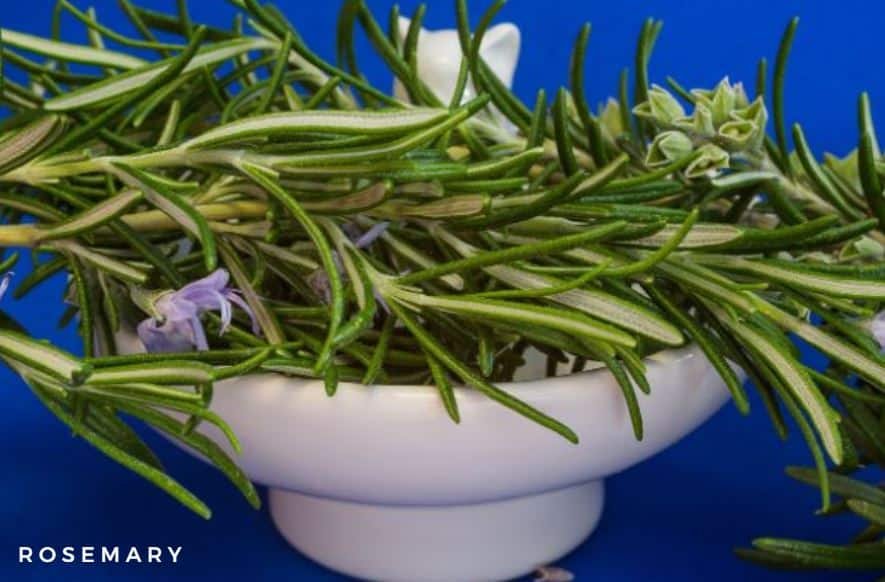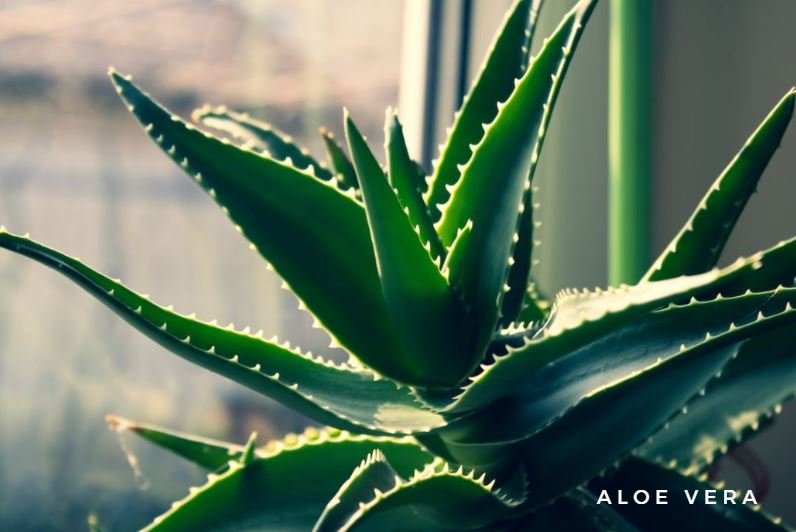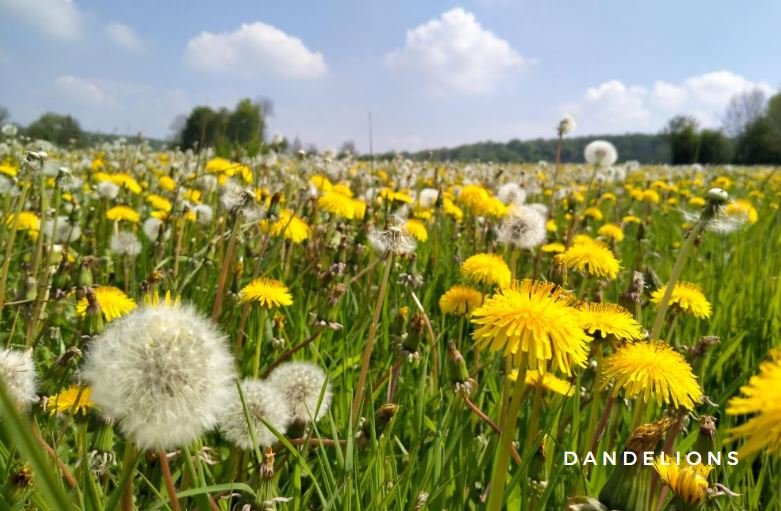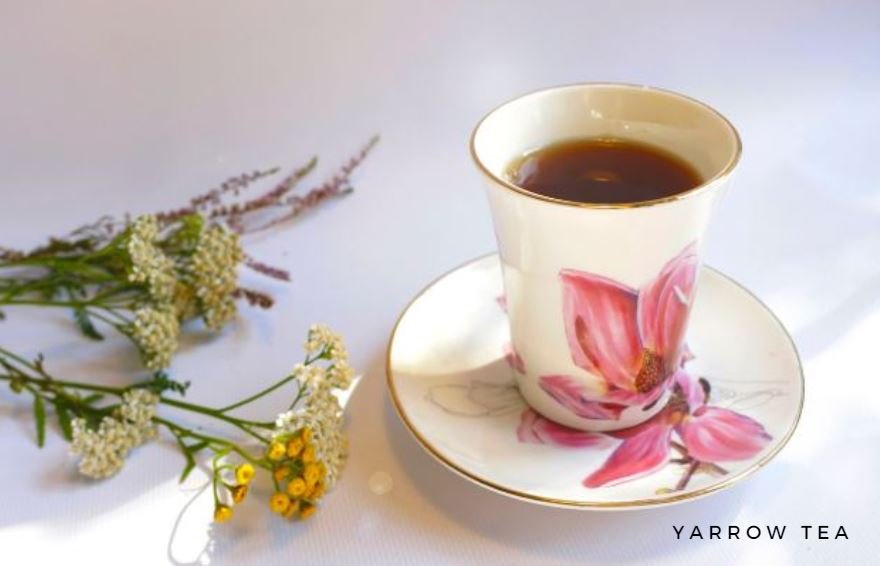In today’s health-conscious world, a herb garden represents more than just a hobby; it’s a pathway to improved well-being. Many herbs are renowned for their medicinal properties, from neutralizing stomach acidity to settling the stomach. Growing your own herbs not only ensures their quality and potency but also promotes a connection with nature, fostering mindfulness and relaxation. Join us as we delve into the wonderful world of herb gardens and discover how these little green wonders can greatly contribute to your health and wellness.
The Joy of Herb Gardening: More Than Just a Pastime

Gardening has long been lauded as a stress-relieving activity, but a herb garden offers even more for the hobbyist; it provides a multi-sensory experience. Growing herbs is also an educational journey, teaching you about botany, soil science, and the art of cooking. It’s a hobby that enriches your life and adds zest to your meals.
Herb gardens are not just a source of immediate joy but also a step towards longevity. Take heartburn, for example. Instead of reaching for an antacid, you could simply pluck some fresh Rosemary or Ginger from your garden to make a soothing tea. This natural remedy provides immediate relief and spares you from the potential side effects of over-the-counter medications. In the long run, such small yet significant lifestyle changes can contribute to a longer, healthier life.
Herb Gardens And Cheap Remedies For Heartburn – A Common Thread

Herb gardens and cheap remedies for heartburn have one common thread: They’re both rooted in nature’s pharmacy, providing effective and accessible solutions right in your backyard or windowsill. For centuries, herbs have been celebrated for their potent medicinal properties, offering natural remedies for a wide range of ailments. One such ailment many people face is heartburn, a condition that can disrupt your daily activities and quality of life. The following list of herbal remedies not only alleviates but also prevents heartburn.
- Aloe Vera. Often associated with soothing burns, aloe vera also reduces inflammation in the digestive tract, offering relief from the burning sensation of heartburn.
- Basil. Basil leaves contain natural antispasmodic properties, helping to ease muscle spasms in the gut and the discomfort associated with acid reflux.
- Dandelions. Typically considered a garden nuisance, dandelions can stimulate digestion and reduce excess stomach acid, mitigating heartburn symptoms.
- German Chamomile. This herb is known for its calming and anti-inflammatory effects, neutralizing stomach acidity and alleviating irritation.
- Ginger. An all-around digestive aid, ginger helps balance stomach pH and can be as effective as antacids in some cases.
- Lemon Balm. Stress is a common trigger for heartburn, and lemon balm helps to relax the nervous system, reducing stress-induced acid production.
- Rosemary. Rich in antioxidants, Rosemary supports a healthy digestive system and can help reduce inflammation that contributes to heartburn.
- Yarrow. Boasting anti-inflammatory and antispasmodic properties, Yarrow is effective in settling the stomach and reducing symptoms of acid reflux.
Incorporating these herbs into your diet through teas, tinctures, or even culinary uses can have a profound effect on preventing and alleviating heartburn. However, it’s crucial to consult a healthcare provider for proper diagnosis and treatment recommendations. Whether you choose to grow your own herbs or purchase them, embracing these natural remedies can lead to better digestive health and a more comfortable life.
Herb Gardening – These Planting Tips Won’t Give You Heartburn

Planning is everything when it comes to having a perpetual supply of fresh herbs at home. Some noteworthy tips to consider are determining when is the best time to plant, identifying which herbs flourish indoors or outdoors, and whether certain herbs need a home in the ground or if potting is okay.
For example, of the herbs listed above, only one would be happiest planted outdoors and in the ground: Yarrow. Its seeds can be sown during Spring or Fall, but be mindful to keep Yarrow away from cucumber because the powdery mildew it sheds sticks to the cucumber and ultimately spoils it.
To continue with the list of herbs, only one would flourish indoors or outdoors and in a pot: German Chamomile. Its roots don’t need depth, so containers are the way to go. All it requires is full sun and well-draining soil to keep its roots moist.
Finally, the remaining herbs on the list will flourish both in the ground or in pots and will thrive indoors or outdoors. Although every plant requires attention to meet its unique needs, some characteristics are similar, like planting timeframes. For instance, Rosemary can be planted in the Spring, Lemon Balm in late Spring, Aloe Vera and Basil in Spring and/or Summer, Ginger in Spring and/or Fall, while Dandelions can be planted in early Spring through early Fall.
Herb Gardening – Reaping The Benefits

Growing these herbs in your own garden not only empowers you with the ability to treat heartburn naturally but also offers the satisfaction of nurturing your own medicine. Imagine sipping on homegrown herbal teas infused with your own Yarrow and Dandelions, applying essential oils extracted from your garden’s blossoms, or even creating natural supplements that help boost your immune system and bring you peace of mind. The possibilities are as boundless as nature itself. So why not dig into the world of herb gardening? It’s not just a fulfilling hobby but also a step towards a healthier, more sustainable lifestyle. Buy your seeds now.
“The first wealth is health.”
~Ralph Waldo Emerson
MEDICAL DISCLOSURE
I am not a doctor. The content on this blog post is for entertainment purposes only. Consult with healthcare professionals or herbalists to understand the proper dosage and method of consumption for your specific needs. Herbs are potent, and improper use can lead to adverse effects. With appropriate guidance, these herbal allies can be a valuable part of a proactive healthcare routine.
AFFILIATE DISCLOSURE
This post contains affiliate links that if clicked, may yield a small commission.
Best natural antacid, best home heartburn remedy, relieve heartburn fast without medicine, old fashioned heartburn remedies, get rid of heartburn fast at home, Herbal remedies for acid reflux, natural herbs for acid reflux, holistic treatment for acid reflux, holistic remedy for acid reflux, gastric reflux natural remedies, natural alternative for acid reflux, Home remedy for ulcer attack, stomach ulcer home remedies, ulcer home remedies, ulcers treatment at home, how to help stomach ulcer pain at home, how to relieve ulcer pain in abdomen, helps ulcer pain stomach, Indigestion relief, indigestion remedies, Heartburn relief food, foods that relieve heartburn, foods that ease heartburn, foods to stop heartburn, foods to get rid of heartburn, foods that trigger heartburn, foods for heartburn prevention, foods that soothes heartburn, herb garden, fresh herbs, perennial herbs, plant herbs, harvest herbs, annual herbs, growing herbs, most herbs, own herbs, herb plant, raised bed, herbs grow, many herbs, grow herbs, herb plants, herb seeds, flowering herbs, culinary herbs, other herbs, perennial herb, most culinary herbs, raised garden bed, pizza herb, cilantro seeds, growing annual herbs, raised beds, tiny plants, own container, terra cotta pots, fresh compost, well draining soil, grow from seed, easiest herbs, mint family, moist soil, sow seeds, growing season, dried herbs, drainage holes, container gardening, tender perennials, grow indoors, beneficial insects, earthy flavor, clay soil, pasta sauce, grow mint, hours of sunlight, herb gardens, small pots, grow basil, herbs, cold hardy, too much sun, large container, best herbs, other plants, root ball, easiest plants, smaller plants, growing space, delicious leaves, same depth, plants, garden, organic matter, life cycle, herb, plant, seeds, herbs such as basil, new gardeners
